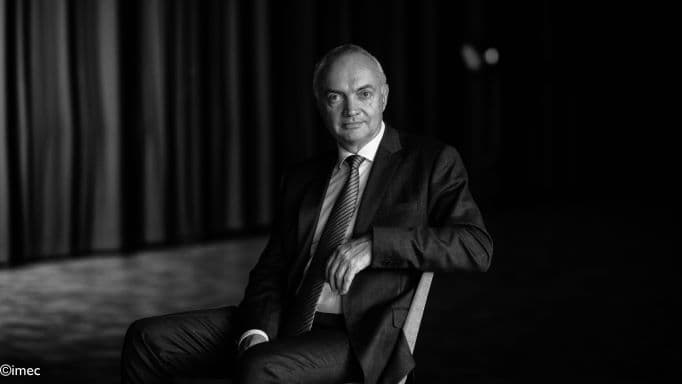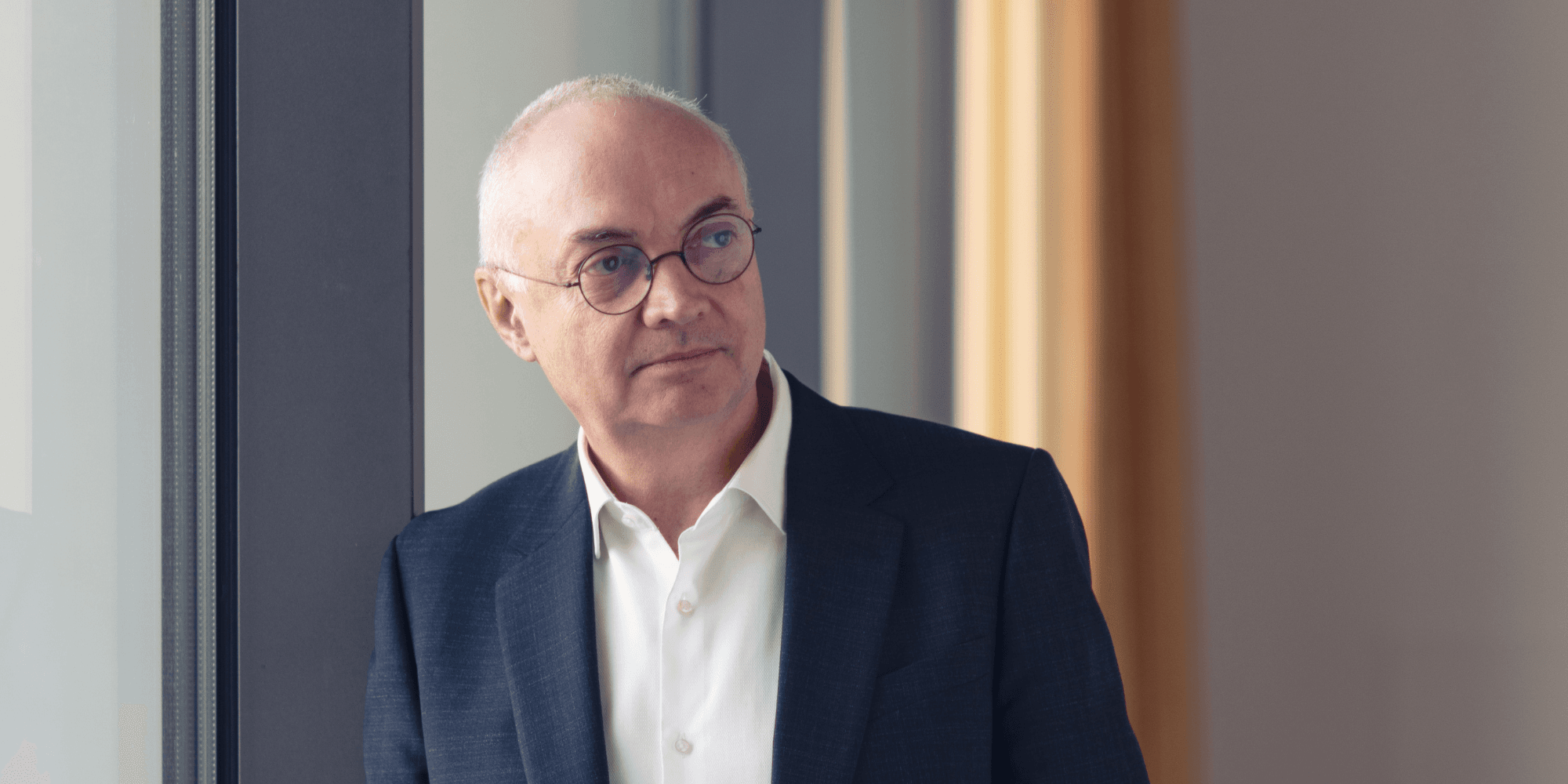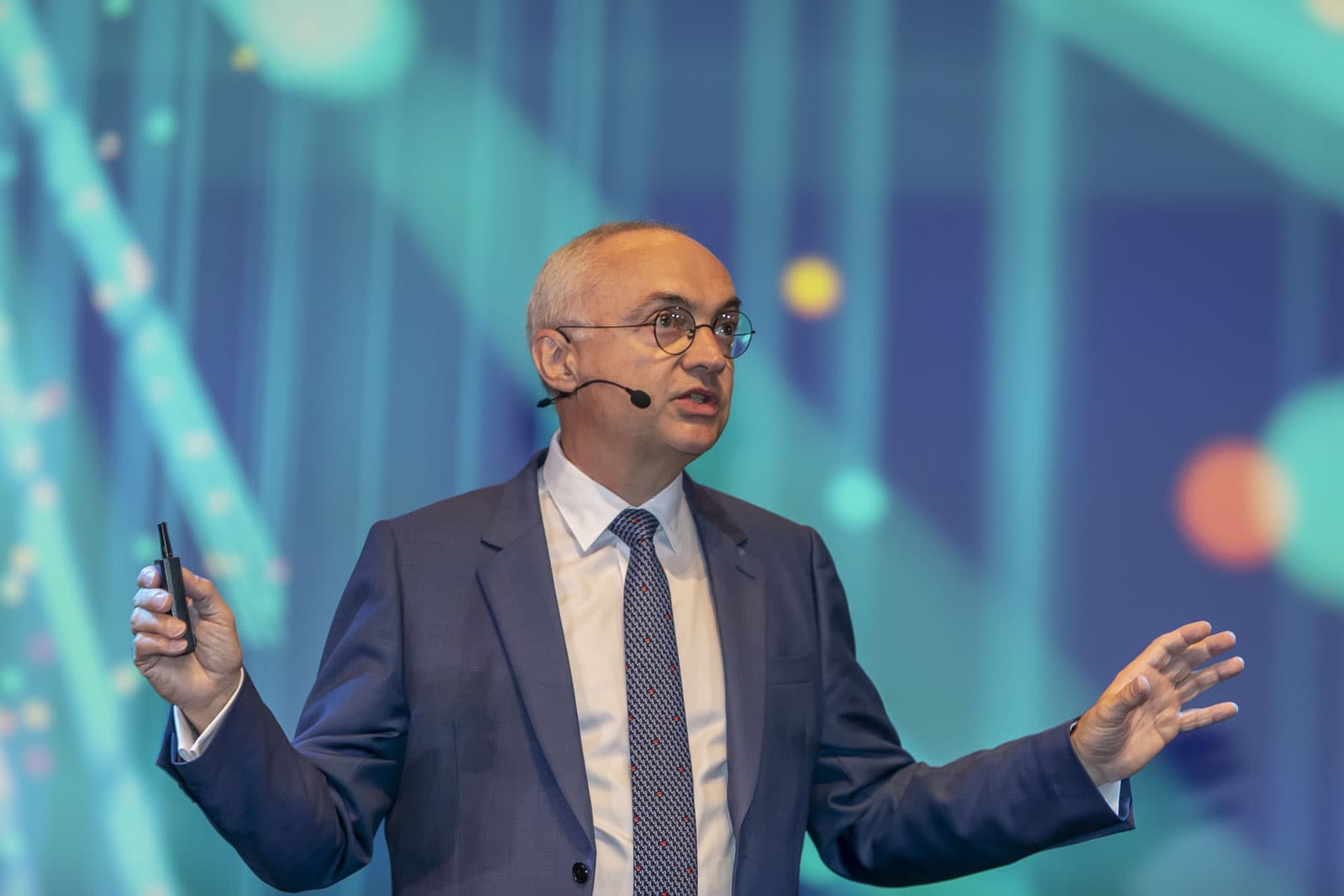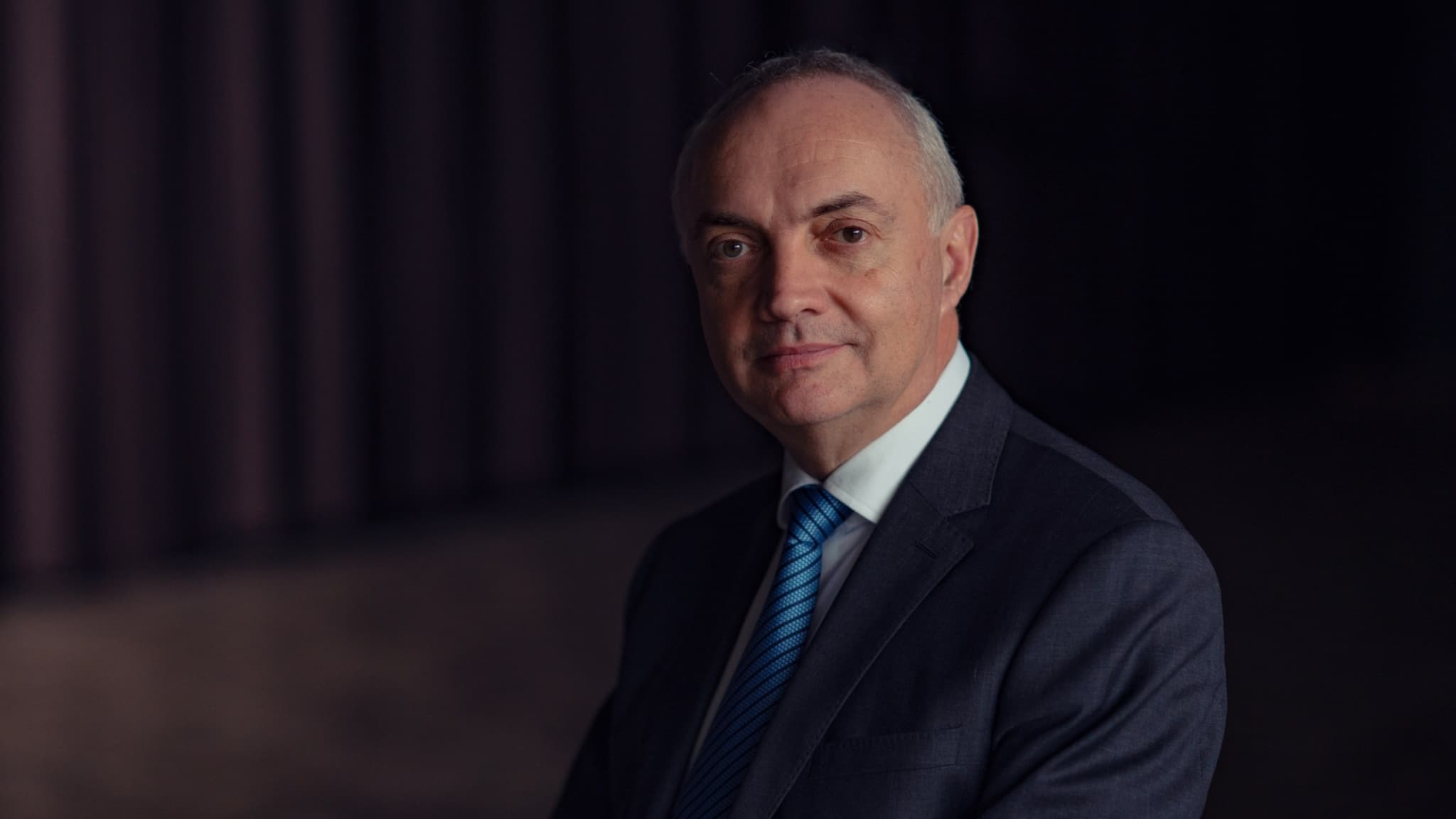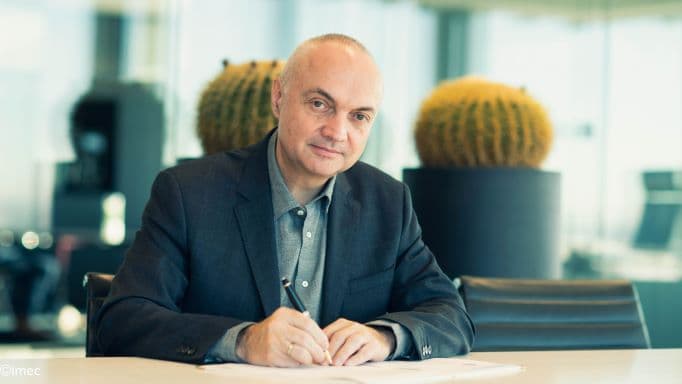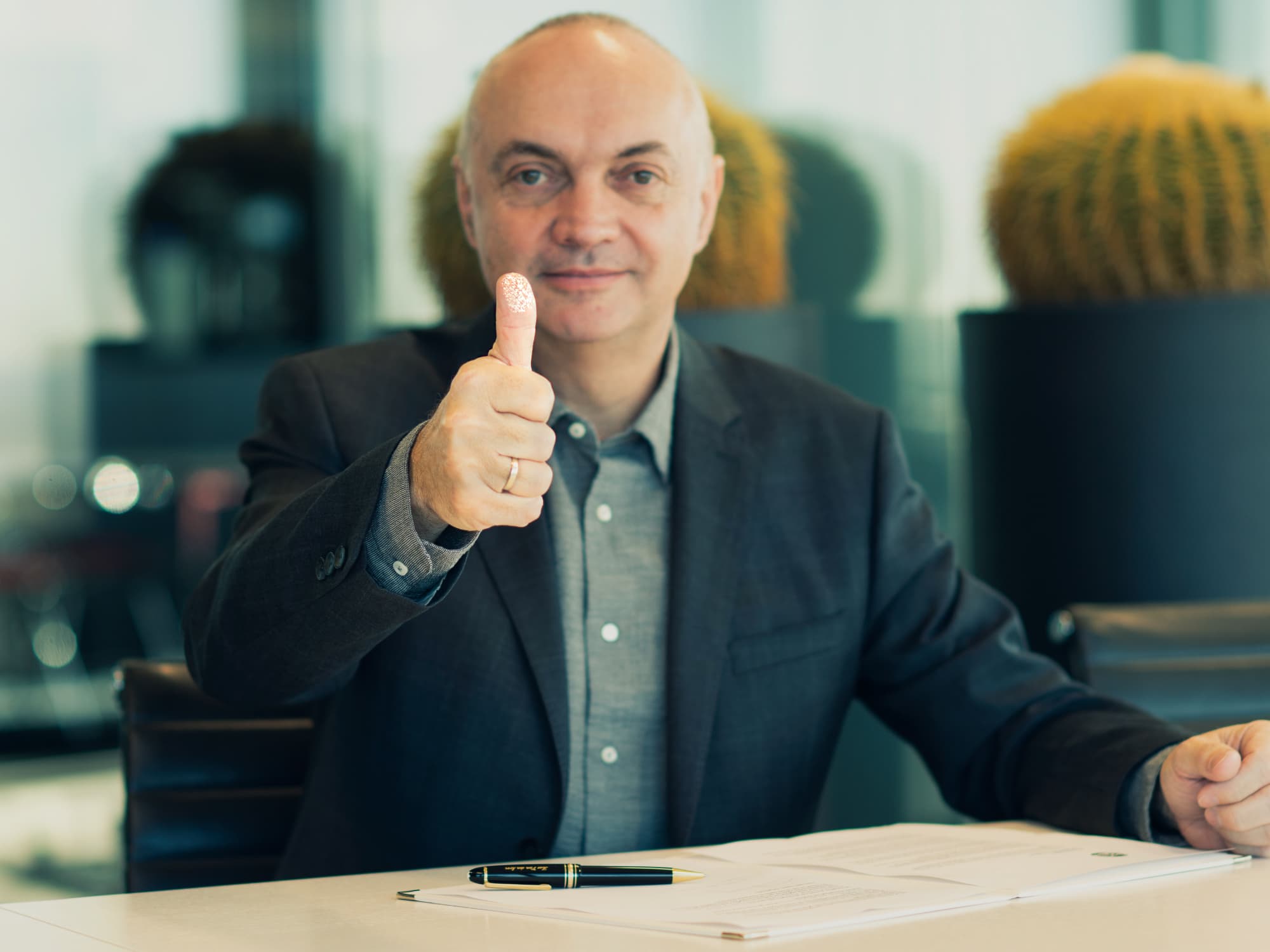The past year was not a rosy one, with crisis building on crisis. Imec CEO Luc Van den hove looks back on a dark 2022 – but every cloud has a silver lining ...
The advent of a global 'polycrisis’
On the upside, 2022 saw the coronavirus pandemic finally lose some of its force – be it at the expense of more than six million deaths worldwide. It is a crisis that was immediately replaced by massive geopolitical, ecological, economic, and monetary turmoil – and above all a war raging in Europe – disrupting our lives once again.
What we witnessed, was no less than the advent of a global ‘polycrisis', with multiple negative trends reinforcing one another, and forming an almost inextricable knot.
A silver lining
And yet, every cloud has a silver lining. Despite all setbacks, society has also continued to take some important steps forward in these past twelve months. People’s technological ingenuity, resilience, and willingness to collaborate were the main drivers.
One of the world's main successes, has been our victory over the coronavirus pandemic. Of course, the virus is not gone. And future outbreaks cannot be ruled out. But according to the World Health Organization, the end of the virus’ pandemic phase is well in sight. It is a great example of how the world’s joint efforts to contain the virus are paying off.
“2022 saw nothing less than the advent of a global ‘polycrisis’ – with multiple negative trends reinforcing one another, and forming an almost inextricable knot.”
Climate and energy were high on society’s radar as well. In this domain, we have really started to exploit the potential of renewable energy sources and more sustainable production processes.
Think of Europe’s – and Belgium’s – green hydrogen ambitions. Green hydrogen is an essential ingredient for making heavy-duty sectors (such as long-haul transportation, or the steel and cement industries) carbon neutral. It is a technology in which imec has a vested interest. Our research into nanomesh materials, for instance, could eventually contribute to a more cost-efficient production of this green energy source.
The European Union's decision to ban – from 2035 onwards – the sale of new cars with a combustion engine is another important step. It is a decision that is closely monitored by climate experts, car manufacturers and their (chip) suppliers alike. After all, electric cars contain twice as many microchips as traditional models.
“Growth requires international collaboration. Important geopolitical and economic regions such as the EU, Japan and the U.S. have come to this realization.”
Yet, with this growing dependency on chip technology also comes the need to reduce the semiconductor industry's carbon footprint. It is a challenge the sector takes very seriously. Exemplary of this is the enthusiasm with which the ecosystem has entered SEMI's ‘Semiconductor Climate Consortium’ or imec's ‘Sustainable Semiconductor Technology & Systems (SSTS)’ program.
And finally, adding to last year’s silver lining as well, are the Chips Acts – as they come with the potential to unite an increasingly divided world. I realize this sounds a bit counterintuitive, since the Chips Acts are sometimes seen as the ideal means to pursue a protectionist course. Yet, they should not.
“Working together is what makes us stronger. It will allow us to shape a better world.”
On the one hand, they provide regions with the resources to strengthen their own strengths. On the other hand, however, the Chips Acts also increase regions’ international relevancy. As such, they are a stimulus to open up, connect strengths, and pursue cross-border collaboration. After all, growth requires international collaboration. Important geopolitical and economic regions such as the EU, Japan and the U.S. have come to this realization.
A golden future lies ahead of us
Does this mean all problems are off the table? Of course not. The next few weeks and months will be tough – marked by further international turmoil, economic uncertainty and worrying inflation numbers. It is a climate that will undoubtedly leave its mark on the chip industry as well: while the need for microchips has never been greater, geopolitical struggles threaten to bring even more disruption to our industry.
In other words: much work remains to be done to turn last year’s silver lining into a golden future for all of us. But working together is what makes us stronger. Ultimately, this will allow us to surmount the challenges ahead and to shape a better world.
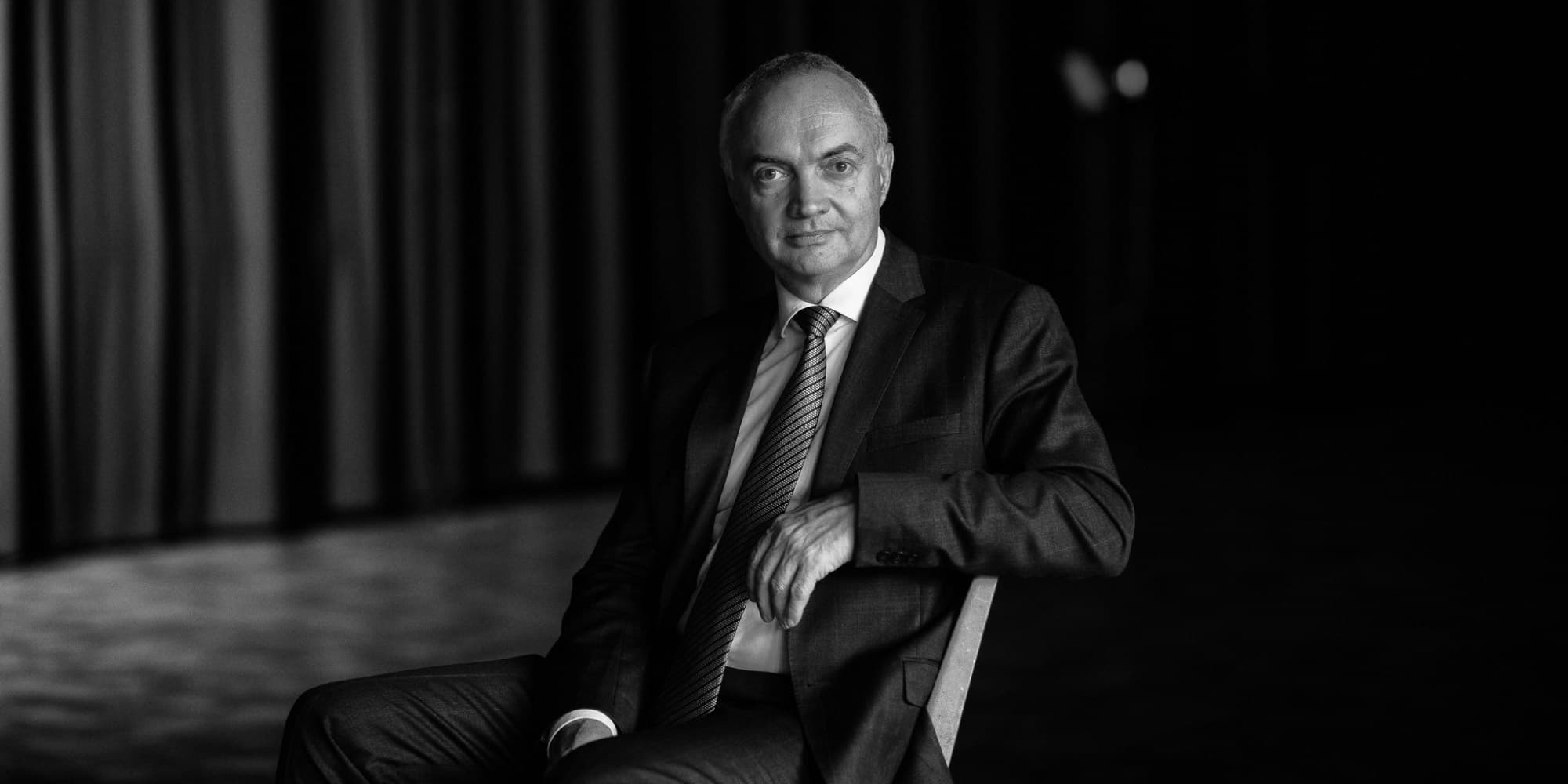
Luc Van den hove has been imec’s president and CEO since July 1, 2009. Prior to that, he served as the research center’s executive vice president and chief operating officer. He joined imec in 1984, starting his research career in the field of silicide and interconnect technologies. Luc Van den hove received his Ph.D. in electrical engineering from the KU Leuven, Belgium. He has authored or co-authored more than 200 publications and conference contributions.
Published on:
2 January 2023
